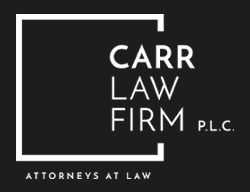During a traffic stop, police officers will frequently look for any excuse to issue a citation or arrest a driver. Sometimes, a driver faces criminal charges completely unrelated to the initial traffic stop.
If a police officer pulls you over because you didn’t use your turn signal, they could then ask to search your car and charge you with a crime if they find something illegal inside. Can you wind up convicted of a drug offense because of something a passenger or a former owner left in the vehicle?
Drugs in your car aren’t always in your personal possession
The car is yours, but you may drive your friends places or even let your neighbor borrow the car occasionally. You may have recently purchased it.
Although you may have made a concerted effort to clean your vehicle when you bought it and to keep it clean, there may be items in places that you don’t check. There could be drug paraphernalia shoved deep inside the crevice in the back seat. There could be baggies of substances or containers of pills shoved up inside the fabric of the center console.
The police could find things in your vehicle that you didn’t even know were there. The good news is that you may be able to defend against drug charges for an illegal item that you didn’t have in your direct possession. If the police can’t prove that you knew it was there and had control over the illegal items, they may not be able to prove beyond a reasonable doubt that you actually possessed it.
Many drivers will try to protect themselves by refusing a police search simply because they have no way of knowing what might be in their vehicle. Learning more about the laws that apply to Iowa drug charges can help you protect yourself when dealing with police or if you are arrested.

